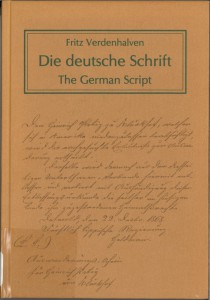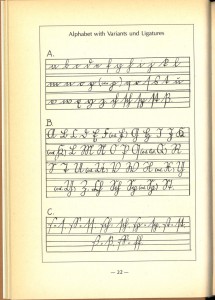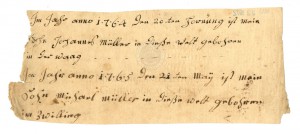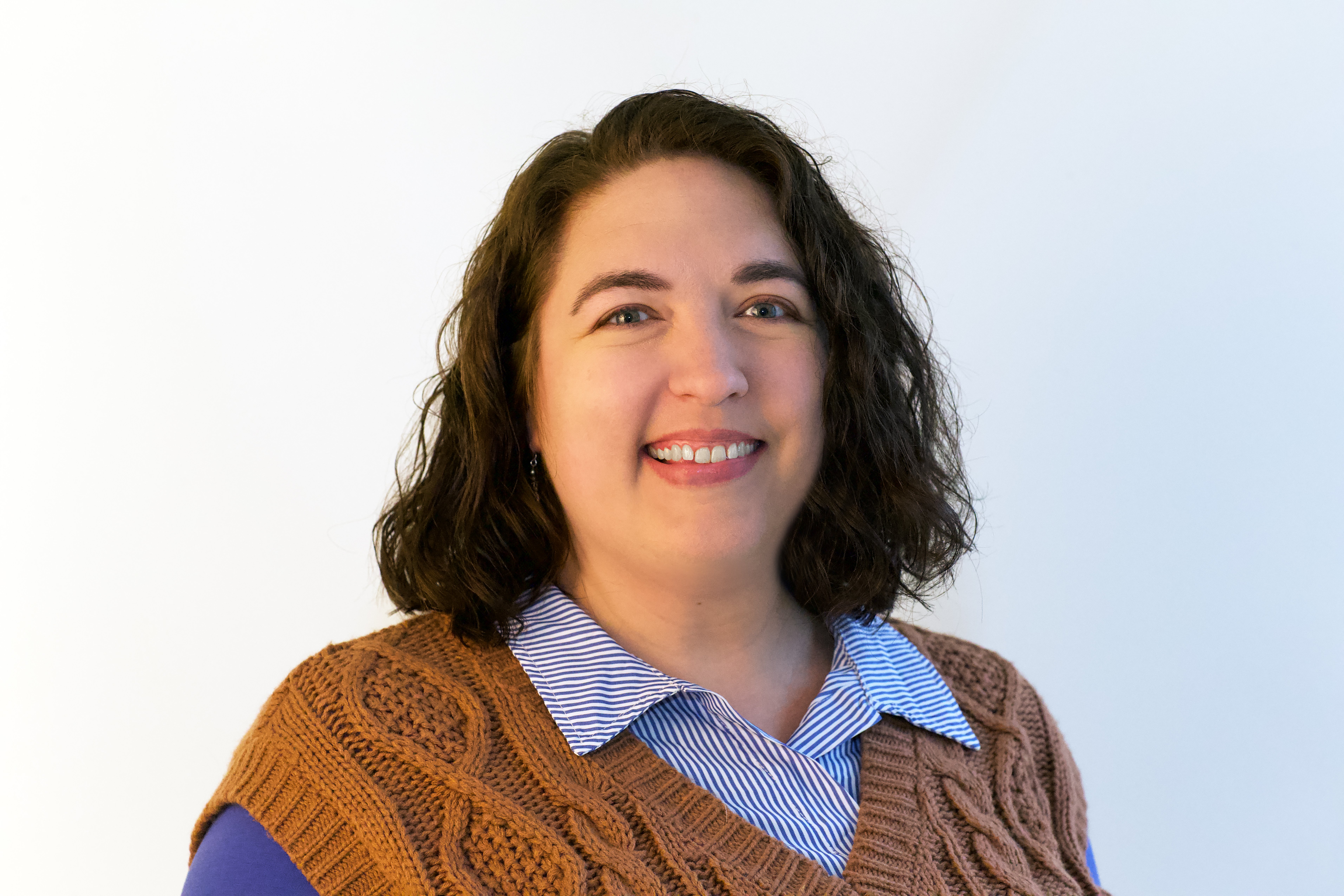 First two images from Fritz Verdenhalven, Die Deutsche Schrift (The German Script) (Neustadt an der Aisch, Germany: Degener, 1991).
First two images from Fritz Verdenhalven, Die Deutsche Schrift (The German Script) (Neustadt an der Aisch, Germany: Degener, 1991).
An article linked from The Weekly Genealogist had me thinking about how to conduct research in unfamiliar languages. I will soon receive eight microfilm reels containing German Catholic church records. The contents will be recorded in Latin, but key information could appear in German script. Sometimes it melds together to the point I’ve completely forgotten which language I am reading.
For the most part, church, and vital records adhere to a template, so even those of us who do not know the language can parse out facts pertinent to our ancestors. The key to accomplishing this feat lies in referring to guides to the language and/or records.
To help, Rhonda McClure has created a guide to German research for us. Some institutions post online translation tips and vocabulary lists. Brigham Young University offers some great script tutorials, and the FamilySearch wiki features a variety of language aids.
 Although I can piece together translations, I have often considered enhancing my knowledge of the language beyond the basics I learned in middle school. Luckily, in this modern era, technology makes it possible to do so quickly, easily, and even for free. Typing “learn German” into the iTunes App Store produced over 900 options (with a full third being free to download). Most seem to offer a variety of learning tools including flash cards, audio translations, games, and quizzes. Similarly, there seem to be no end to the online courses available. With a firmer grasp on the language, there are even classes specifically geared towards scholarly reading and academic research, like those offered at the Goethe Institute here in Boston.
Although I can piece together translations, I have often considered enhancing my knowledge of the language beyond the basics I learned in middle school. Luckily, in this modern era, technology makes it possible to do so quickly, easily, and even for free. Typing “learn German” into the iTunes App Store produced over 900 options (with a full third being free to download). Most seem to offer a variety of learning tools including flash cards, audio translations, games, and quizzes. Similarly, there seem to be no end to the online courses available. With a firmer grasp on the language, there are even classes specifically geared towards scholarly reading and academic research, like those offered at the Goethe Institute here in Boston.
 Record of births for Johannes and Michael Müller, 1764-1765. Mss A 3700, R. Stanton Avery Special Collections, NEHGS.
Record of births for Johannes and Michael Müller, 1764-1765. Mss A 3700, R. Stanton Avery Special Collections, NEHGS.
There doesn’t seem to be anything stopping us from learning a new language (or languages) these days. The only real trouble is going to be deciding which one to choose. Although German would be more useful for my current research project, some of the learning Swedish apps also look interesting. At this rate, I’ll be a polyglot in no time!
Share this:

About Kyle Hurst
Kyle, Genealogist of the Newbury Street Press, holds a B.A. in both history and anthropology from the University of Wisconsin in Madison and has a master’s certificate in Museum Studies from Tufts University. With experience at the National Archives and Record Administration in Waltham, Kyle has worked on a wide variety of research projects as part of the Research Services team at NEHGS and, with Newbury Street Press, has contributed to a number of family histories. She has been credited for her contributions to The Root, TheRoot.com, and she has also written for American Ancestors magazine.View all posts by Kyle Hurst →